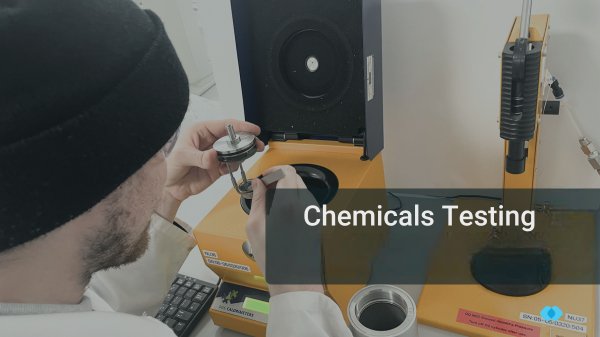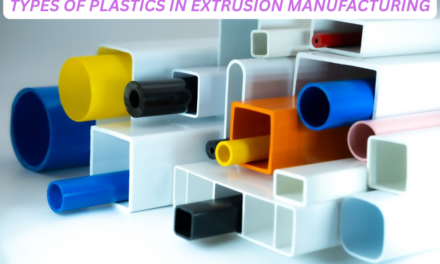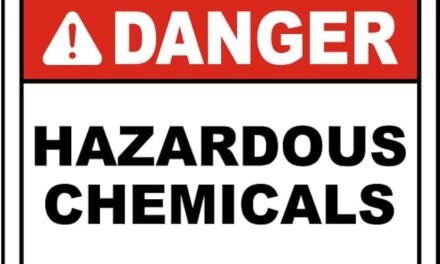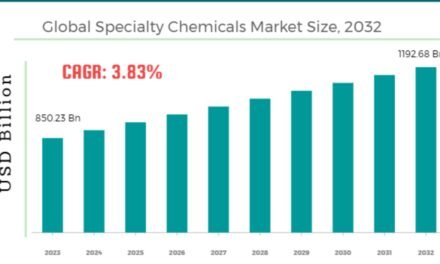Industrial chemicals are tested for quality and performance through a series of standardized procedures, including:
- Chemical Composition Analysis:
- Techniques like spectroscopy (e.g., UV-Vis, IR, NMR) and chromatography (e.g., GC, HPLC) are used to determine the chemical composition and purity of the product.
- Physical Property Testing:
- Properties such as melting point, boiling point, density, viscosity, and refractive index are measured to ensure they meet specified requirements.
- Performance Testing:
- The chemical is tested in its intended application to evaluate its effectiveness. For example, testing a surfactant’s cleaning ability or a lubricant’s friction-reducing properties.
- Contamination Analysis:
- Techniques like mass spectrometry and elemental analysis detect trace impurities or contaminants that could affect the product’s performance or safety.
- Stability Testing:
- The chemical is tested under various conditions (e.g., temperature, humidity) to assess its shelf life and stability over time.
- Compliance Testing:
- Tests are conducted to ensure the chemical complies with industry standards and regulations, such as REACH (Registration, Evaluation, Authorization, and Restriction of Chemicals) or ISO standards.
- Toxicological and Environmental Testing:
- For safety, tests are performed to assess the chemical’s toxicity, biodegradability, and environmental impact.
- Batch-to-Batch Consistency:
- Quality control ensures that each production batch meets the same specifications as previous batches.
These tests are crucial for ensuring the safety, reliability, and effectiveness of industrial chemicals before they are used in commercial applications.










